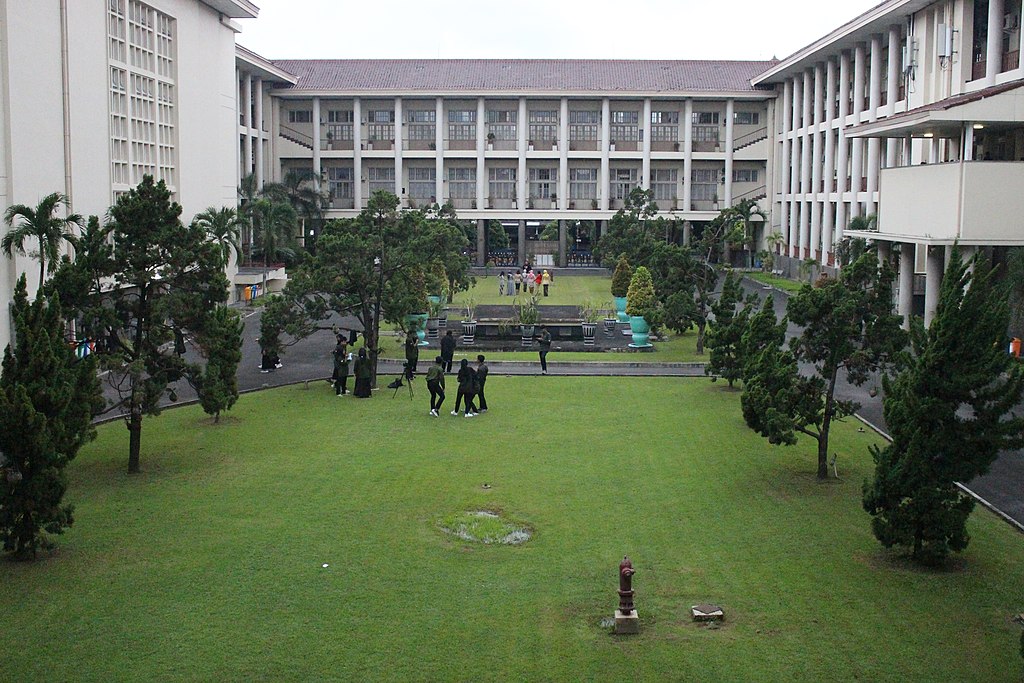Liberalization allowed subsidized EU beef to drive many West African and South African cattle raisers to break. The support that African governments have been allowed to muster was channeled by the World Bank towards export agriculture to generate foreign exchange, which states wanted to service debt. Via not only seeks to get “WTO out of agriculture” and opposes the paradigm of a globalized capitalist industrial agriculture; it also proposes an alternative–meals sovereignty. During the 1994 campaign to ratify WTO membership, government economists, coached by their World Bank handlers, promised that losses in corn and other traditional crops can be more than compensated for by the new export industry of “high-value-added” crops like minimize flowers, asparagus and broccoli. WTO membership required the Philippines to eradicate quotas on all agricultural imports except rice and allow a certain amount of every commodity to enter at low tariff rates. The Philippines is the world’s largest importer of rice.
Largely because of this agreement, Mexico’s status as a net food importer has now been firmly established. Today the continent imports 25 p.c of its food; virtually every nation is a internet importer. Interest funds as a share of expenditures rose from 7 p.c in 1980 to 28 % in 1994; capital expenditures plunged from 26 % to sixteen p.c. Interest funds rose from 19 percent of total authorities expenditures in 1982 to 57 % in 1988, whereas capital expenditures dropped from an already low 19.3 percent to 4.4 %. Swamped by cheap corn imports–a lot of it subsidized US grain–farmers reduced land dedicated to corn from 3.1 million hectares in 1993 to 2.5 million in 2000. Massive importation of hen components practically killed that trade, whereas surges in imports destabilized the poultry, hog and vegetable industries. The diversion of corn from tortillas to biofuel was certainly one cause of skyrocketing prices, though speculation on biofuel demand by transnational middlemen could have performed a much bigger function. Farmers’ groups have networked internationally; probably the most dynamic to emerge is Via Campesina (Peasant’s Path). Even some donor governments and NGOs that used to subscribe to it have distanced themselves from the Bank.
With the worldwide meals disaster, they’re shifting to center stage–and they have allies and supporters. This is not merely the erosion of nationwide food self-sufficiency or meals security but what Africanist Deborah Bryceson of Oxford calls “de-peasantization”–the phasing out of a mode of manufacturing to make the countryside a more congenial site for intensive capital accumulation. As Bryceson and her colleagues correctly level out in a recent article, the World Development Report for 2008, which touches extensively on agriculture in Africa, is virtually a blueprint for the transformation of the continent’s peasant-primarily based agriculture into giant-scale industrial farming. It additionally means consolidation of a smallholder-centered agriculture through protection of the home market from low-priced imports; remunerative prices for farmers and fisherfolk; abolition of all direct and indirect export subsidies; and the phasing out of domestic subsidies that promote unsustainable agriculture. A research of fourteen nations by the UN’s Food and Agricultural Organization discovered that the degrees of food imports in 1995-98 exceeded these in 1990-94. This was not stunning, since one in every of the principle objectives of the WTO’s Agreement on Agriculture was to open up markets in growing nations so they could absorb surplus manufacturing in the North.
 This transformation is a traumatic one for a whole lot of millions of individuals, since peasant production is just not simply an economic exercise. Prospects will not be good, because the Mexican government continues to be managed by neoliberals who’re systematically dismantling the peasant support system, a key legacy of the Mexican Revolution. In 1999 the government of Malawi initiated a program to present every smallholder family a starter pack of free fertilizers and seeds. It isn’t solely defiance from governments like Malawi and dissent from their erstwhile allies that are undermining the IMF and the World Bank. In Africa the World Bank and IMF micromanaged, making choices on how briskly subsidies must be phased out, how many civil servants needed to be fired and even, as within the case of Malawi, how a lot of the nation’s grain reserve ought to be bought and to whom. At the time of decolonization, in the 1960s, Africa was actually a web meals exporter. Undoubtedly the inflation stems partly from hypothesis by wholesaler cartels at a time of tightening provides. Perhaps the motivation is to forestall their influence in the continent from being further eroded by affiliation with a failed strategy and unpopular establishments when Chinese aid is rising as an alternative to World Bank, IMF and Western government aid programs.
This transformation is a traumatic one for a whole lot of millions of individuals, since peasant production is just not simply an economic exercise. Prospects will not be good, because the Mexican government continues to be managed by neoliberals who’re systematically dismantling the peasant support system, a key legacy of the Mexican Revolution. In 1999 the government of Malawi initiated a program to present every smallholder family a starter pack of free fertilizers and seeds. It isn’t solely defiance from governments like Malawi and dissent from their erstwhile allies that are undermining the IMF and the World Bank. In Africa the World Bank and IMF micromanaged, making choices on how briskly subsidies must be phased out, how many civil servants needed to be fired and even, as within the case of Malawi, how a lot of the nation’s grain reserve ought to be bought and to whom. At the time of decolonization, in the 1960s, Africa was actually a web meals exporter. Undoubtedly the inflation stems partly from hypothesis by wholesaler cartels at a time of tightening provides. Perhaps the motivation is to forestall their influence in the continent from being further eroded by affiliation with a failed strategy and unpopular establishments when Chinese aid is rising as an alternative to World Bank, IMF and Western government aid programs.